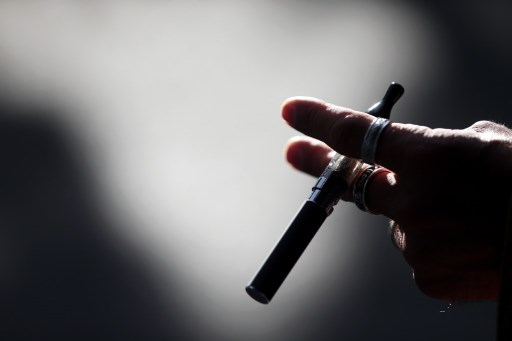
403
Sorry!!
Error! We're sorry, but the page you were looking for doesn't exist.
White House indefinitely postpones plans to ban menthol cigarettes
(MENAFN) In a significant shift, the Biden administration has decided to indefinitely postpone the proposed ban on menthol cigarettes, a move attributed to concerns over declining support from African-American voters leading up to the November election. This decision comes after recent polls revealed a significant drop in support for President Joe Biden among African Americans, prompting the White House to reassess its policy approach.
As of 2020, approximately 81 percent of black smokers in the United States favored menthol cigarettes, a demographic that played a crucial role in Biden's electoral success in 2020.
However, recent polling data indicates a decline in African-American support for the Democratic Party, with only 68 percent indicating support for Biden in the upcoming election cycle.
Health and Human Services Secretary Xavier Becerra acknowledged the need for further dialogue and consideration, citing feedback from civil rights and criminal justice reform organizations regarding the proposed ban. The decision to postpone the ban reflects the administration's recognition of the complexity and sensitivity of the issue, particularly within communities of color.
The proposed ban on menthol cigarettes was initially introduced as part of Biden's "Cancer Moonshot" initiative in April 2021, with the aim of improving health outcomes for people of color. Menthols constitute a significant portion of cigarette sales in the United States, with black and Hispanic smokers being the most prevalent consumers of these products.
Despite efforts to frame the ban as a public health measure, the proposal sparked division within the Democratic voter base. Former domestic policy adviser Susan Rice advocated for the immediate implementation of the ban, citing its potential to save black lives, while the National Association for the Advancement of Colored People (NAACP) endorsed the ban as a social justice issue.
The decision to delay the ban underscores the complexities of addressing public health initiatives in a politically charged environment, where considerations of voter support and community feedback play a significant role in shaping policy outcomes.
As of 2020, approximately 81 percent of black smokers in the United States favored menthol cigarettes, a demographic that played a crucial role in Biden's electoral success in 2020.
However, recent polling data indicates a decline in African-American support for the Democratic Party, with only 68 percent indicating support for Biden in the upcoming election cycle.
Health and Human Services Secretary Xavier Becerra acknowledged the need for further dialogue and consideration, citing feedback from civil rights and criminal justice reform organizations regarding the proposed ban. The decision to postpone the ban reflects the administration's recognition of the complexity and sensitivity of the issue, particularly within communities of color.
The proposed ban on menthol cigarettes was initially introduced as part of Biden's "Cancer Moonshot" initiative in April 2021, with the aim of improving health outcomes for people of color. Menthols constitute a significant portion of cigarette sales in the United States, with black and Hispanic smokers being the most prevalent consumers of these products.
Despite efforts to frame the ban as a public health measure, the proposal sparked division within the Democratic voter base. Former domestic policy adviser Susan Rice advocated for the immediate implementation of the ban, citing its potential to save black lives, while the National Association for the Advancement of Colored People (NAACP) endorsed the ban as a social justice issue.
The decision to delay the ban underscores the complexities of addressing public health initiatives in a politically charged environment, where considerations of voter support and community feedback play a significant role in shaping policy outcomes.

Legal Disclaimer:
MENAFN provides the
information “as is” without warranty of any kind. We do not accept
any responsibility or liability for the accuracy, content, images,
videos, licenses, completeness, legality, or reliability of the information
contained in this article. If you have any complaints or copyright
issues related to this article, kindly contact the provider above.


















Comments
No comment